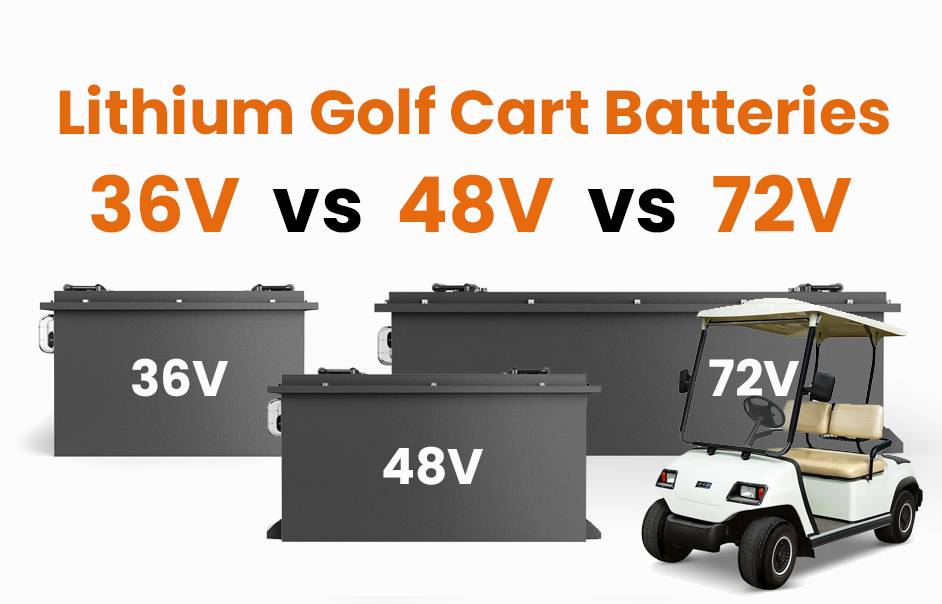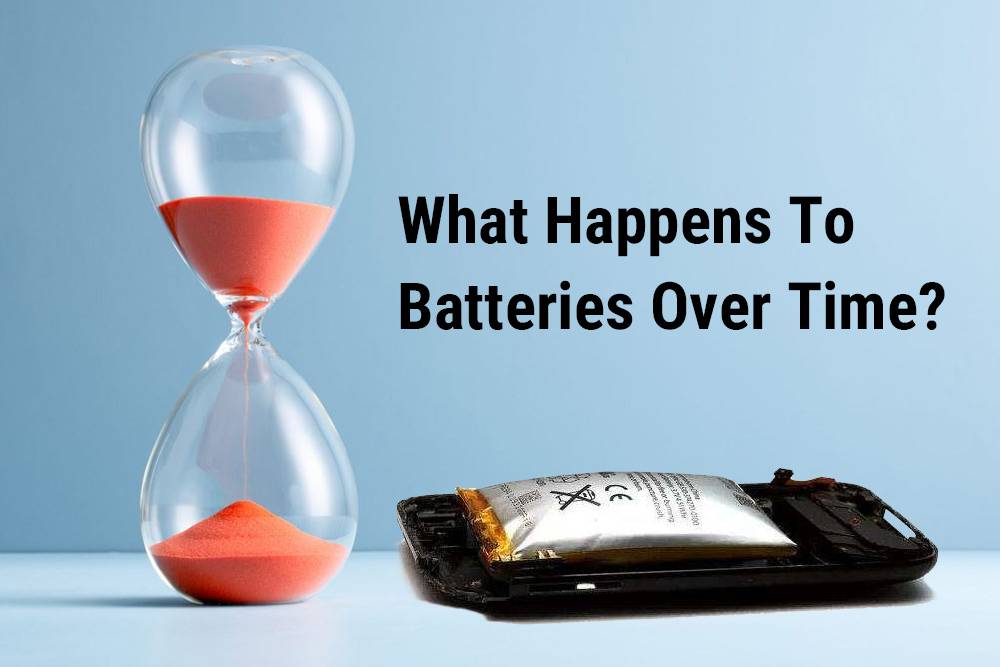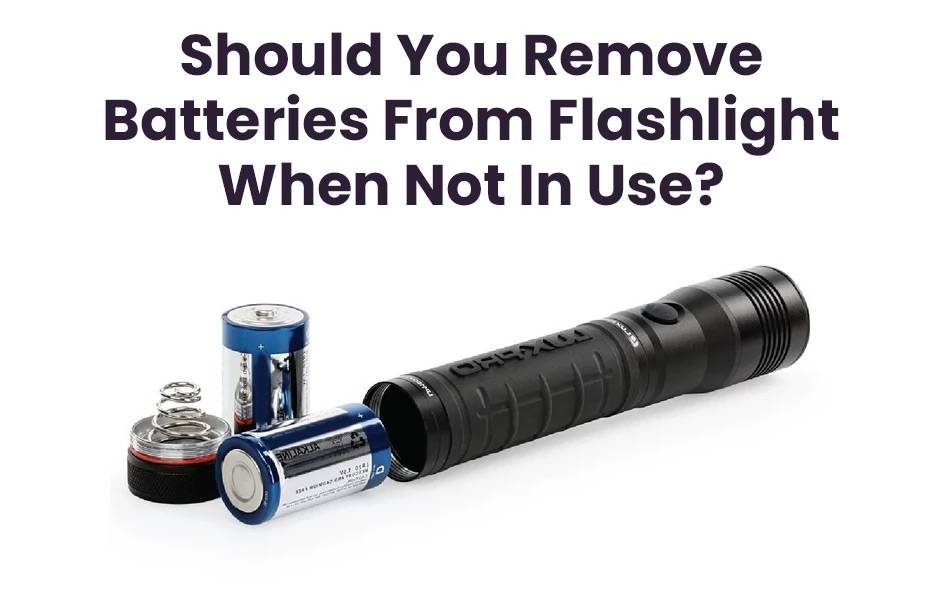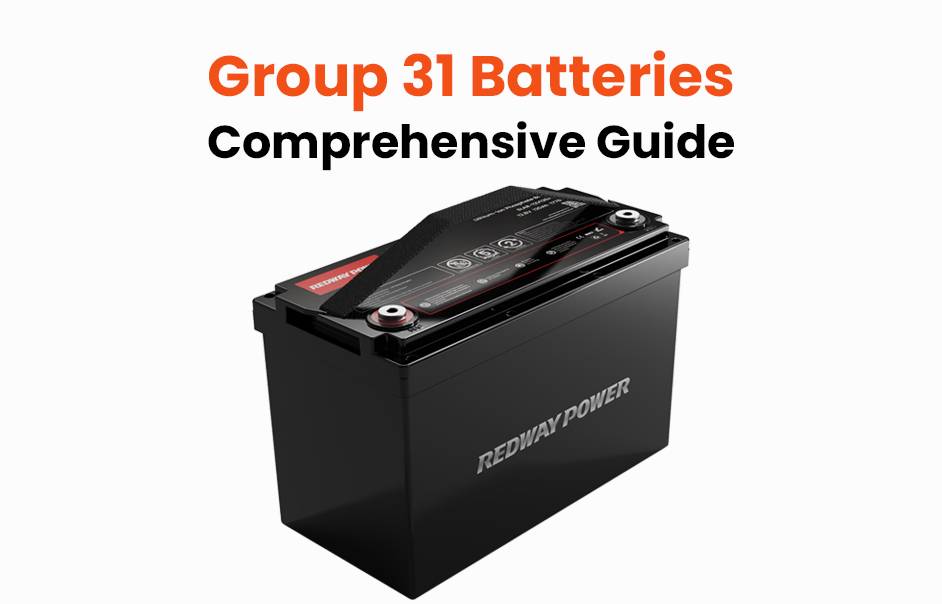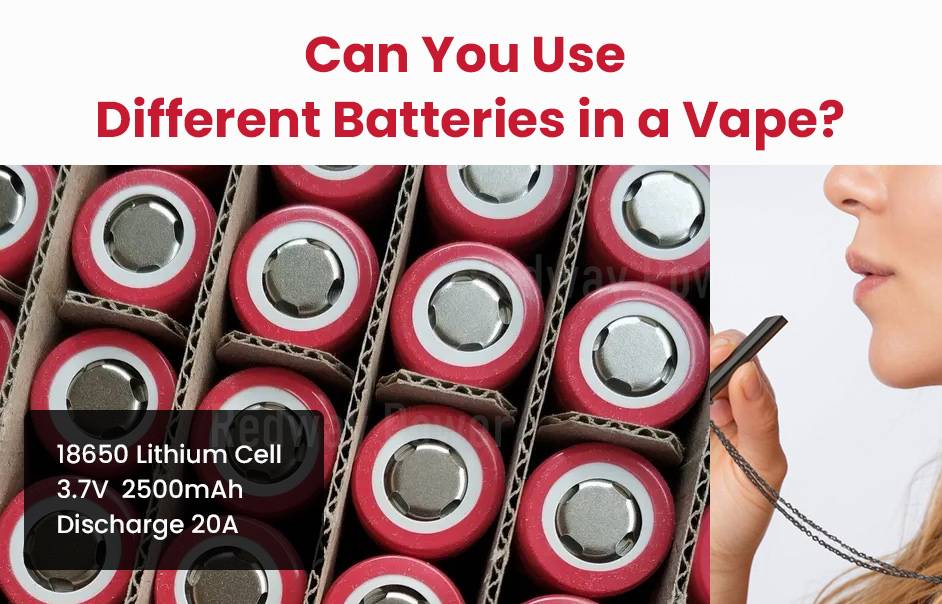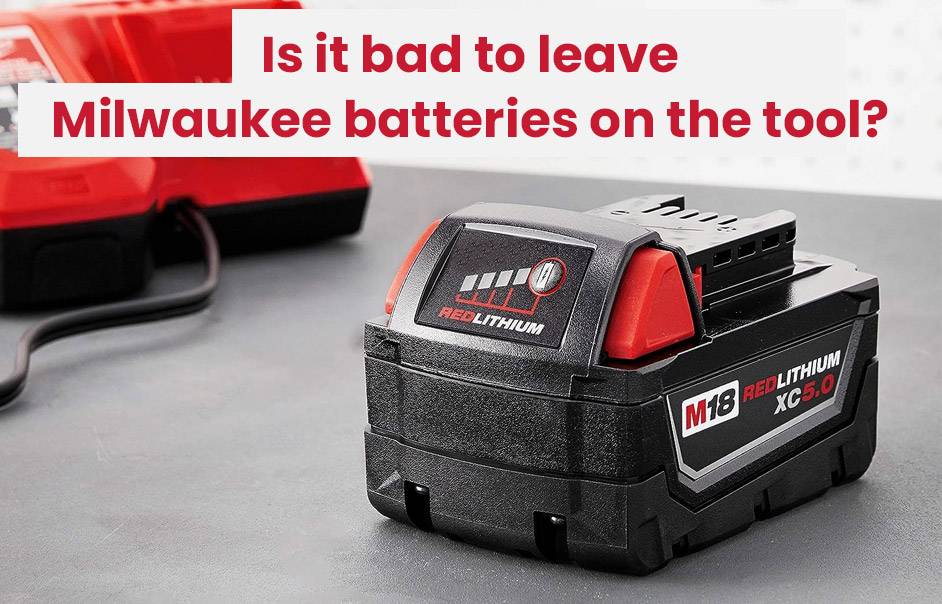
Blog
What You Need to Know About 3V Batteries
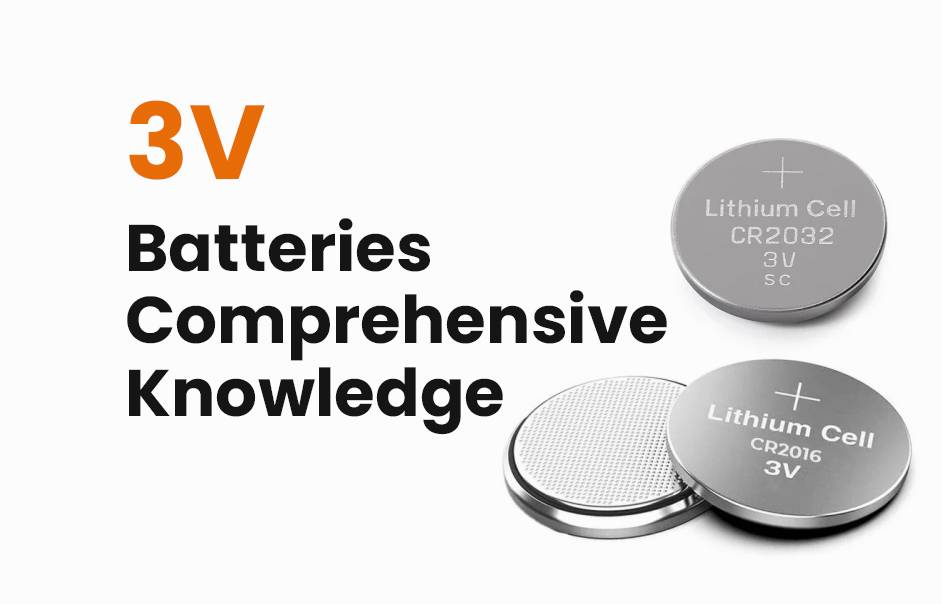
3V batteries are essential power sources used in various devices, ranging from watches and calculators to medical equipment and automotive electronics. Understanding their types, applications, and maintenance can help users select the right battery for their needs.
What are the common types of 3V batteries?
Common types of 3V batteries include:
- CR2032: Widely used in watches, fitness trackers, and small electronics.
- CR123A: Often found in high-drain devices like cameras and flashlights.
- CR2025: Similar to CR2032 but thinner, suitable for limited-space devices.
Chart: Common Types of 3V Batteries
| Battery Type | Dimensions (mm) | Typical Uses |
|---|---|---|
| CR2032 | Ø20 x 3.2 | Watches, fitness trackers |
| CR123A | Ø34.5 x 15 | Cameras, flashlights |
| CR2025 | Ø20 x 2.5 | Car remotes, medical devices |
What are the applications of 3V batteries?
The versatility of 3V batteries allows them to be used in numerous applications:
- Consumer Electronics: Powering watches, calculators, remote controls, and cameras.
- Medical Devices: Used in glucose monitors, hearing aids, and blood pressure monitors.
- Automotive Electronics: Found in keyless entry remotes and tire pressure monitoring systems.
How do lithium batteries compare to other types?
Lithium batteries generally offer higher energy density, longer shelf life, and lower self-discharge rates compared to alkaline or nickel-metal hydride (NiMH) batteries. This makes them ideal for high-performance devices requiring reliable power over extended periods.Chart: Comparison of Battery Types
| Type | Energy Density (Wh/kg) | Self-discharge Rate (%) | Typical Applications |
|---|---|---|---|
| Lithium | ~150 | <5 | Cameras, medical devices |
| Alkaline | ~100 | ~10 | Remote controls, toys |
| NiMH | ~60 | ~20 | Rechargeable devices |
What features should you look for in a 3V battery?
When selecting a 3V battery, consider:
- Capacity: Measured in milliamp-hours (mAh), indicating how long it will last.
- Shelf Life: The duration it can be stored without significant loss of capacity.
- Compatibility: Ensure it fits your device’s specifications.
What are the advantages of using a CR2032 lithium coin cell?
The CR2032 lithium coin cell is favored for its compact size, stable voltage output, and long shelf life, making it suitable for various low-power devices like watches and fitness trackers.Chart: Advantages of CR2032 Lithium Coin Cell
| Advantage | Description |
|---|---|
| Compact Size | Fits easily into small electronic devices |
| Stable Voltage | Maintains consistent power output throughout its life |
| Long Shelf Life | Can last several years when stored properly |
How does temperature affect the performance of a 3V battery?
Temperature significantly impacts battery performance; extreme cold can reduce capacity while excessive heat may accelerate degradation. Ideally, store and use these batteries at room temperature (around 20°C).
What is the expected lifespan of a typical 3V battery?
The lifespan varies by type; lithium coin cells like CR2032 often last up to 10 years, while alkaline options may only last 1 to 5 years, depending on usage conditions.
How can you properly maintain a 3V battery for longevity?
To extend the lifespan:
- Store at room temperature away from direct sunlight.
- Avoid exposing them to extreme temperatures.
- Use them regularly to prevent self-discharge issues.
Chart: Maintenance Practices
| Practice | Description |
|---|---|
| Proper Storage | Keep at room temperature |
| Regular Use | Prevents self-discharge |
| Avoid Extreme Conditions | Protects from heat and cold damage |
Expert Views
“Understanding the characteristics and applications of various types of 3V batteries is crucial for optimizing performance across devices; with proper care and selection, users can ensure reliability and longevity.”
FAQ Section
- What is the most common type of 3V battery?
The CR2032 is one of the most widely used due to its versatility in consumer electronics. - How long can I store a lithium coin cell?
Lithium coin cells can typically be stored for up to ten years if kept under proper conditions. - Can I recharge non-rechargeable batteries?
No, non-rechargeable batteries like standard alkaline cells should not be recharged as they can leak or explode.
How can one request a free quote for custom battery pack needs?
How long can 3V lithium batteries typically last before needing replacement?
What are the different types of 3V batteries available in the market, such as CR123A and CR2032?
What are the advantages of using 3V batteries in electronic devices?




